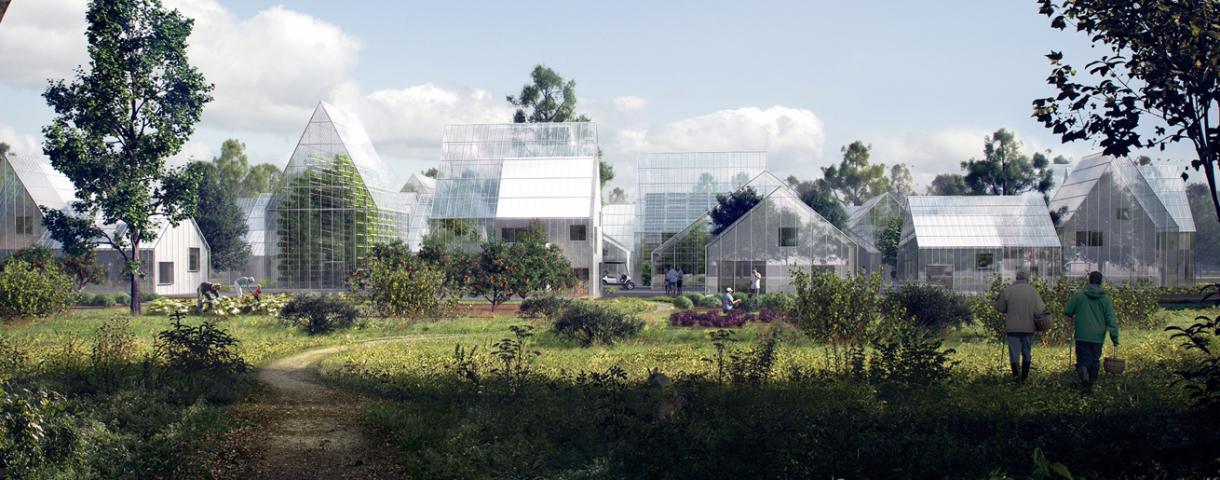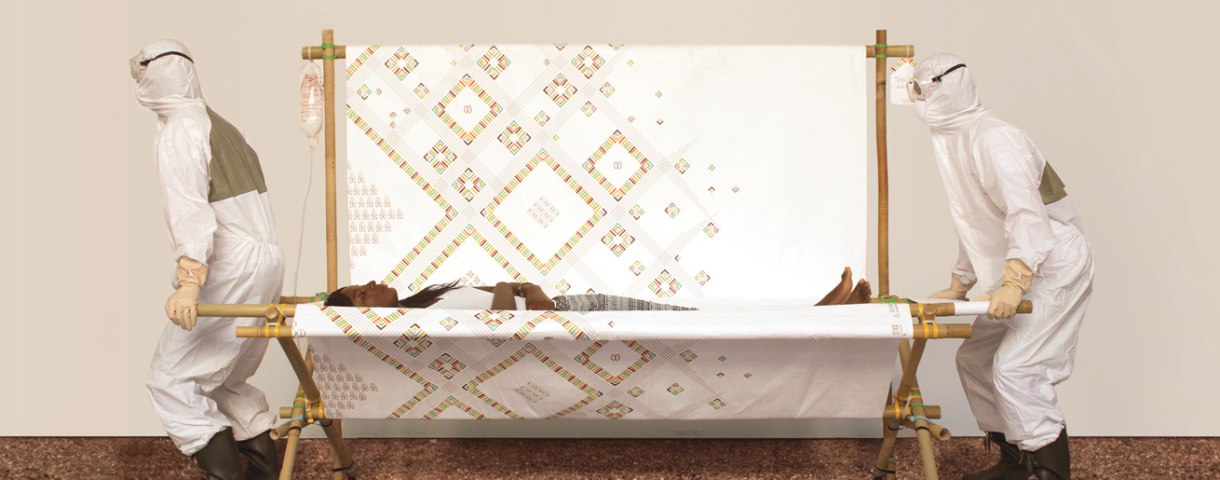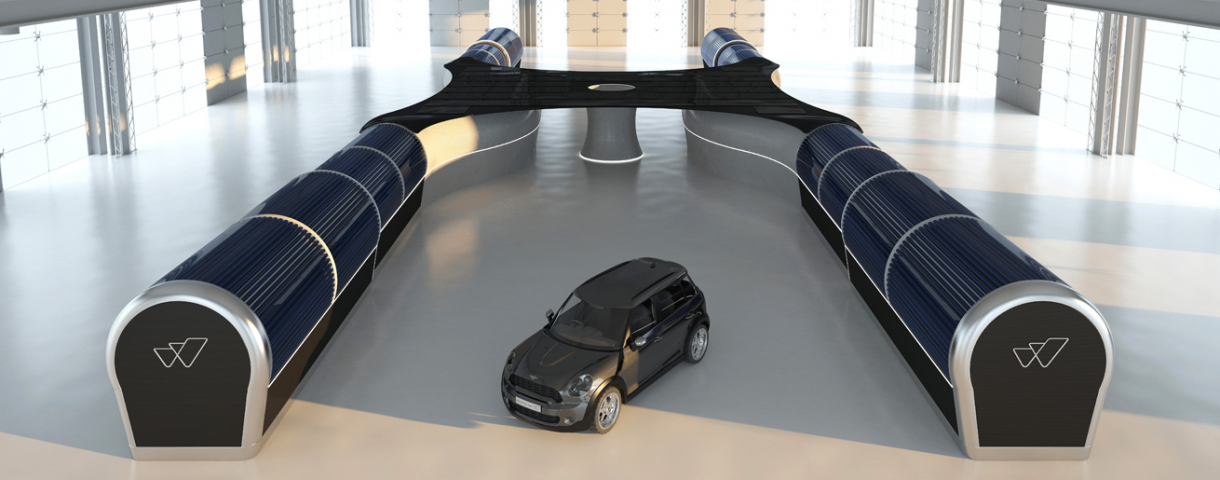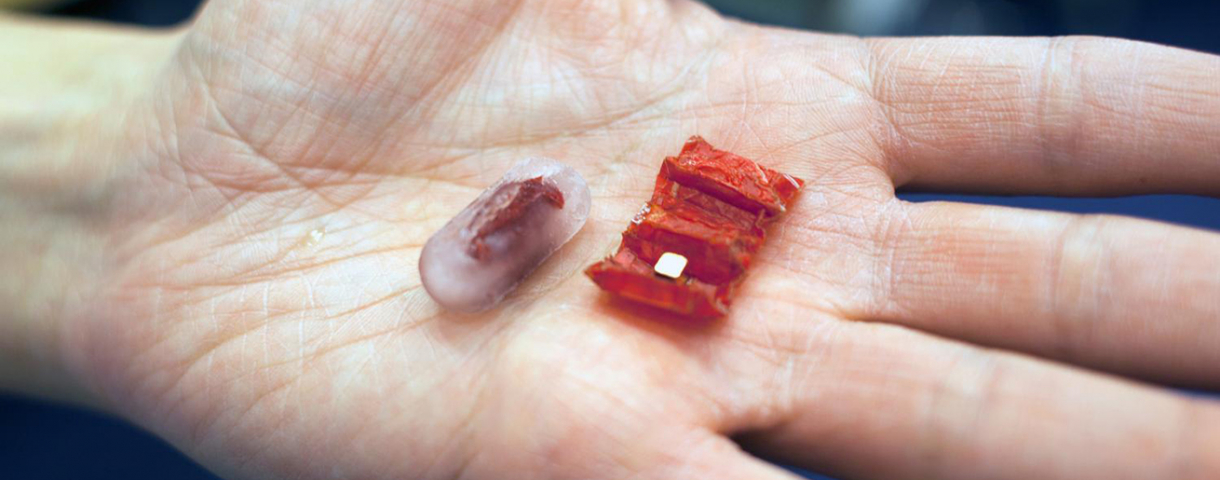Up until 1950, 75% of humanity lived in small, self-sustaining communities. By 2050, nearly 10 billion people will mostly live in overcrowded mega-cities. Thus, there is an urgent need for humanity to spread out into regenerative and resilient neighborhoods that consider their food, water, energy and waste-to-resource complexes within their own footprint.
ReGen Villages are a new type of community designed to be fully self-sufficient, growing its own food, making its own energy, and handling its own waste in a closed loop. Any household waste that can be composted will feed livestock or soldier flies. The soldier flies will feed fish, and fish waste will fertilize an aquaculture system that produces fruit and vegetables for the homes. Seasonal gardens will be fertilized by waste from the livestock. By using the most advanced methods for growing food - a combination of aeroponics, aquaponics, permaculture, food forests, and high-yield organic farming - the ReGen Villages will grow much more food than a traditional farm of the same size, with fewer resources. Aquaponics, for example, can produce 10 times as much produce on the same amount of land, with 90% less water.
4,200 families have already signed up for the first 300 homes breaking ground in the summer of 2017 in Almere, Netherlands, on certified organic farmland. Initially, ReGen rolls out with 45 Dutch units in 2017, then 100 units in 2018, and 155 in 2019. A worldwide rollout plan is next.




